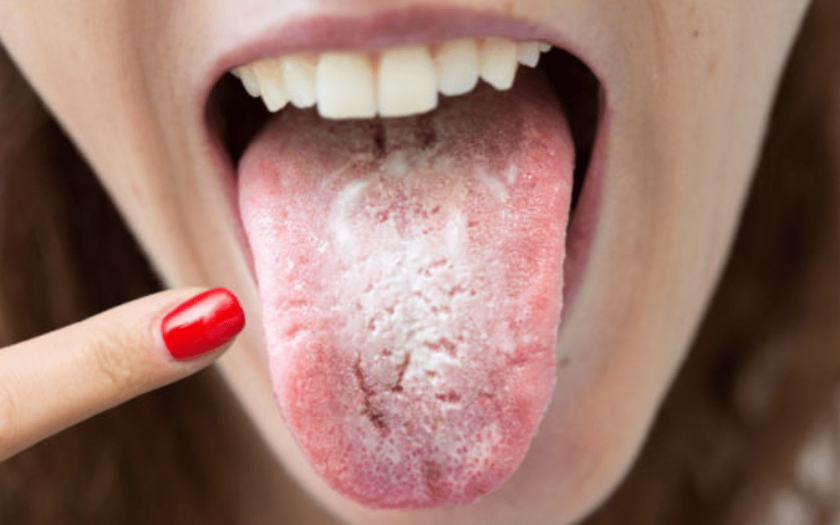Hypothermia of the body.
Cold weather can affect the hormonal balance, increasing blood sugar levels, which creates favorable conditions for fungal infections. Moreover, the damp and warm clothing you wear in winter can create ideal conditions for the onset of this unpleasant condition. Therefore, in winter, it is important to ensure that you do not get cold and, for example, that your feet do not get wet when there is snow outside. Choose high-quality footwear that is water-resistant and retains heat. It is also essential to wear clothes made from natural materials, as they allow the skin to breathe and prevent excessive sweating. Tight clothing, particularly pantyhose or jeans, can irritate the skin, which in turn creates conditions conducive to infections. After physical activity, it’s essential to change into dry clothes to prevent excess moisture in the genital area. Moreover, choose thermals that wick moisture away from the body. It’s also crucial not to overheat the body by wearing too many layers of clothing, as excessive sweating can contribute to infections
Decreased physical activity.
Exercising in winter is very important for the proper functioning of the whole body and for protecting it from infections. When physical activity decreases, circulation can slow down, and the body becomes less able to quickly mobilize resources to fight off fungi, such as Candida. Moreover, when you don’t exercise, you experience more stress, and your hormone levels can fluctuate, disrupting the body’s natural defenses and potentially contributing to the development of this unpleasant condition. Therefore, despite the cold weather, it’s important to maintain physical activity to prevent the appearance of thrush symptoms.
Excessive consumption of sweets.
During winter, people often crave more sweets due to the cold weather, which lowers energy levels, and the body seeks a quick source of warmth and energy. Sugar is a fast source of energy, so you may feel the need to consume sugary products to boost your mood. Furthermore, reduced sunlight during winter can lower serotonin levels in the body, and sweets temporarily help compensate for this by improving mood. However, much consumption of sweets can not only worsen the symptoms of Candida but also contribute to its recurrences. To reduce the need for sweets, find something that distracts you and gives you energy. For example, in winter, there are many holidays, so spend time looking for gifts and meeting with your family. This will help you distract yourself, and you won’t feel the urge to eat candies and other sugary products without a pressing need. As numerous studies have shown, when a person is able to distract themselves and derive pleasure from things other than food, their diet becomes more balanced and healthier.
Disruption of water balance.
Cold air, lower temperatures, and humidity during the winter reduces thirst, so people often drink less water than they do in warmer months. However, this directly affects the health of mucous membranes, as insufficient water intake can lead to changes in vaginal pH, creating a favorable environment for the growth of Candida fungus. To prevent this, it is important not to forget to drink clean water, even if you do not feel thirsty. For example, you can set an alarm to remind yourself to take at least a few sips of water once every hour.
If you do feel that the symptoms of thrush have returned, be sure to consult your doctor. A specialist will help you choose the appropriate medication (such as Canesten or Fluka) that can quickly restore your well-being.

